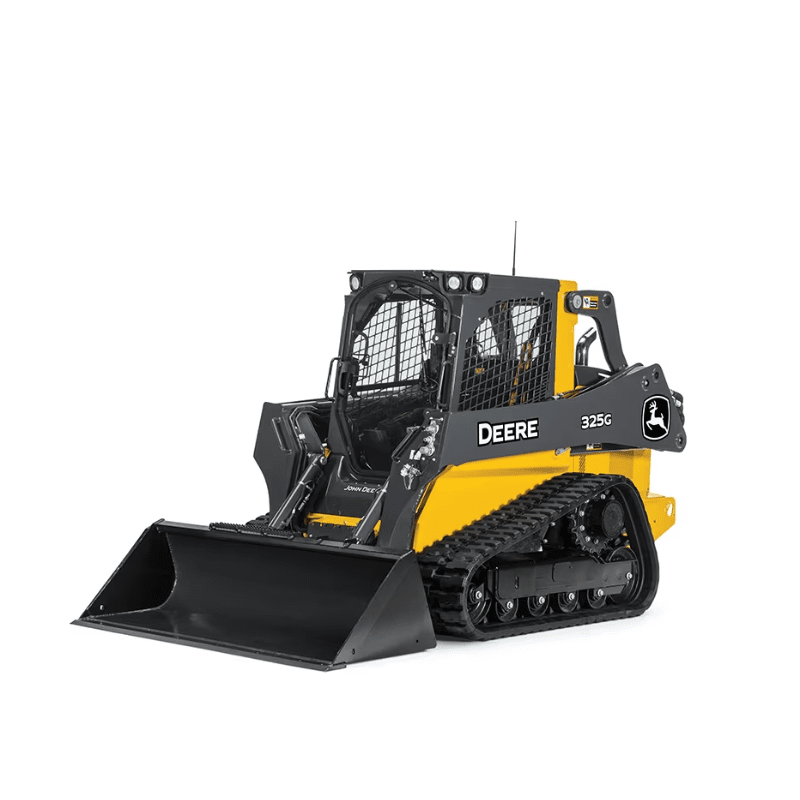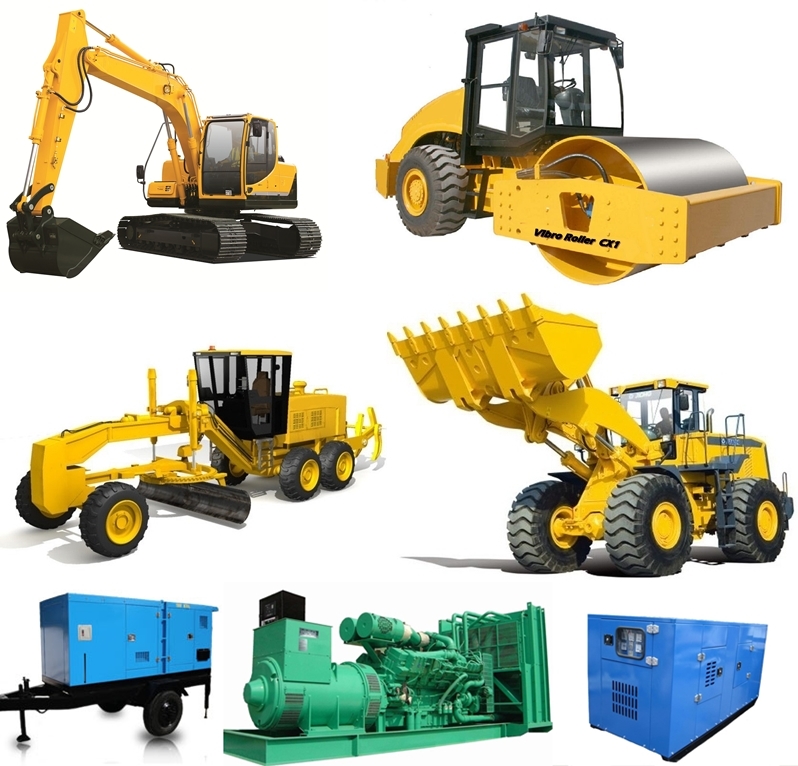Scissor Lift Rental: Safe and Efficient Raising Solutions
Scissor Lift Rental: Safe and Efficient Raising Solutions
Blog Article
Maximize Your Budget Plan by Recognizing the Expenses Linked With Construction Devices Leasings
Comprehending the complete range of expenses linked with construction equipment rentals is important for optimizing your spending plan. While the initial rental charge might appear simple, numerous extra expenditures-- such as transport, fuel surcharges, and upkeep-- can rapidly build up, impacting your monetary planning. Being conscious of numerous charges and the ins and outs of rental agreements can help avoid unexpected monetary concerns. What methods can be used to efficiently handle these prices and ensure an extra effective rental experience?
Introduction of Rental Expenses
When considering construction tools services, comprehending the associated expenses is paramount for efficient budgeting and task planning. Rental costs can differ significantly based on numerous aspects, consisting of tools kind, duration of service, and location. The preliminary rental cost commonly reflects the equipment's market need and its connected functional capacities, influencing the general expenditure.
In addition to the base rental rate, supplementary expenses might arise, such as transportation charges, fuel additional charges, and maintenance charges. It is vital to make up these additional expenses to precisely analyze the overall expense of renting tools. Moreover, the rental period can impact prices; longer services may qualify for affordable prices, while short-term leasings could sustain greater daily fees.

Break Down of Rental Prices
An extensive understanding of rental rates is crucial for professionals and job supervisors aiming to maximize their budgets. Rental prices for building and construction devices generally contain several components, consisting of base rates, time-based charges, and usage costs.
Base prices are the core charges connected with the service of the equipment, typically figured out by the type and size of the equipment. These prices can differ considerably, influenced by aspects such as equipment need, accessibility, and regional market trends. Time-based costs, which may be daily, weekly, or monthly, serve to suit different project timelines and rental durations.
Additionally, rental prices may consist of usage charges, which are appropriate when tools is utilized past a defined limit, guaranteeing that the rental company can represent wear and tear. Seasonal demand changes can also affect rental prices, with peak construction seasons commonly regulating greater costs.
Additionally, recognizing the rental company's policies pertaining to maintenance and insurance policy can provide additional insight right into the general expense framework. By examining these elements, contractors can make enlightened decisions, guaranteeing the option of rental equipment straightens with both task needs and budget restrictions.
Added Charges to Take Into Consideration
Recognizing the ins and click here to find out more outs of added costs is critical for professionals to handle their general service expenditures efficiently. Past the basic rental rates, different additional charges can considerably impact the total price of devices rental. These costs usually include distribution and pick-up charges, which can vary based on range and logistics associated with carrying the equipment to and from the job site.
Moreover, some rental companies might impose gas surcharges if the devices is returned with less gas than when rented. It is likewise necessary to recognize possible cleaning charges, specifically for specialized equipment that needs extensive maintenance after use.

Extensively examining the rental arrangement and clearing up these added charges in advance can assist specialists guarantee and avoid unforeseen prices that budgets remain undamaged throughout the task lifecycle.
Repair And Maintenance Costs
Normal repair and maintenance costs are commonly ignored elements that can substantially affect the total price of building devices rentals. When renting out equipment, it is vital to think about not only the rental costs but also the potential prices connected with maintaining the machinery in optimal operating condition.
Many rental firms include basic maintenance as part of the rental agreement; nevertheless, extra unforeseen breakdowns or extensive repairs can lead to extra expenses. It's important to examine heavy duty pallet truck the rental agreement carefully to comprehend what maintenance services are covered and what obligations drop on the renter.
Furthermore, tools that is not well-kept can cause inefficiencies on the task website, possibly increasing and triggering hold-ups task expenses. To minimize these dangers, it is a good idea to perform routine evaluations and preserve open interaction with the rental company pertaining to any kind of concerns that arise during usage.
Insurance and Liability Expenses
Insurance and liability prices are critical parts that can dramatically impact the general cost of building devices leasings (boom lift rental). These prices make certain that both the rental business and the client are protected from possible financial losses arising from crashes, damages, or burglary during the rental period

In addition, clients should recognize any type of deductibles or exemptions in the insurance coverage policy, as these can impact prospective out-of-pocket expenditures. Recognizing the terms of any insurance coverage is important to stay clear of unexpected prices. Eventually, budgeting for insurance and liability expenses can help guarantee a smoother rental experience and safeguard against financial dangers related to building projects.
Verdict
In conclusion, a comprehensive understanding of the expenses linked with construction equipment rentals is necessary for effective budget monitoring. Eventually, educated decision-making regarding tools leasings adds to the overall success of building ventures.
Rental prices can vary significantly based on a number of factors, consisting of equipment kind, duration of leasing, and location (equipment rental company). The rental period can influence prices; longer leasings may certify for reduced rates, while short-term leasings might sustain higher daily fees
By performing detailed research study and involving with respectable rental business, service providers can properly navigate the complexities of rental rates, ultimately optimizing their economic resources.
Past the basic rental prices, numerous auxiliary fees can substantially influence the complete cost of equipment rental. Rental business frequently offer responsibility insurance coverage that covers injuries to third parties or damage to home, heavy moving equipment rental while devices damages insurance policy can cover the expense of fixings or substitute if the leased equipment is damaged.
Report this page